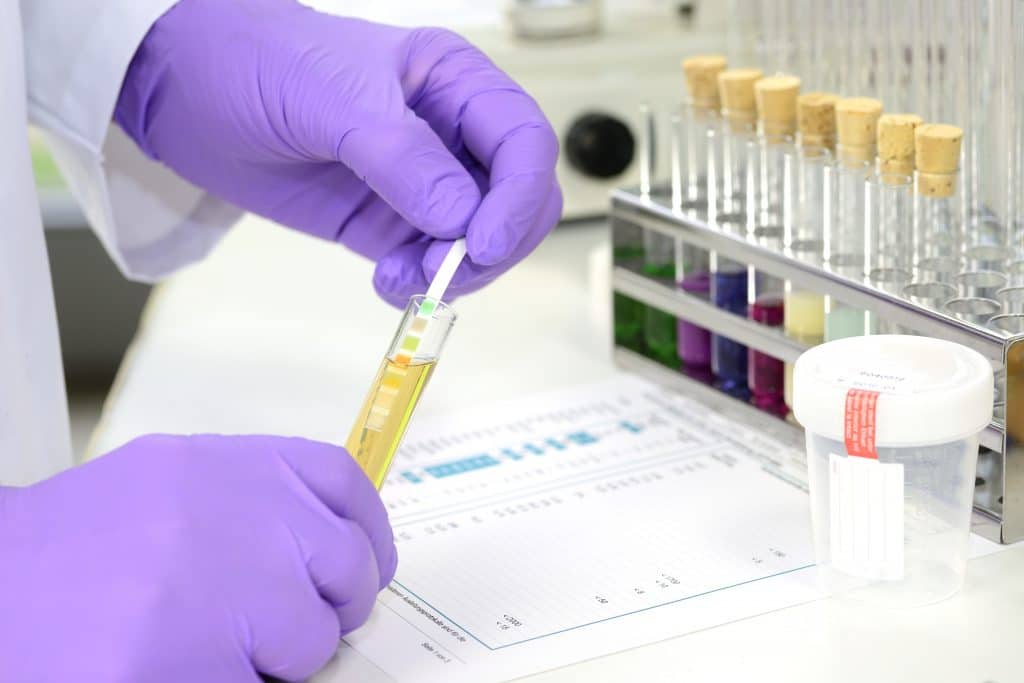What Happens During a Drug Screening?

Whether you’re an employer or an employee, you’re familiar with the commonness and importance of drug screenings. Employers often require their employees to undergo drug screenings to help minimize work-related accidents and other unwanted incidents from happening to their employees at work. Here’s everything you need to know about drug screenings whether you’re an employer looking to enforce them at your company or an employee who must comply and receive them in order to continue your employment at a certain business.
The Process
Drug screening is often done one of two ways: via urine sampling and/or hair sampling. Each test shows different results and depending on what is needed to be tested for, an employee will be asked to give one of those samples. Typically, you’ll visit a medical facility that possesses the ability to test for drugs, preferably one with an on-site lab. From there, the samples will be tested and the results released back to you and your place of employment.
Urine vs. Hair
Drug testing via urine and hair are two of the most common ways employers. Urine is an affordable way to test potential or current employees for signs of drug use. Hair follicle testing is costlier, but can provide more accurate results, especially for harder drugs. It can also go back further in time than urine. Depending on the needs of the company and the kind of drugs an employer wants to test for, they may choose one over the other.
Frequency
Drug testing before employment and one to two times a year for current employees is normal. However, depending on the type of company, government and official regulations, and other factors, the frequency of the drug testing may vary.
The Types of Drugs Tested For
Illicit drugs of all kinds can be tested for during drug screenings, including THC, amphetamines, cocaine, heroin, human growth hormones, opiates, PCP, barbiturates, benzodiazepines, and high levels of prescription drugs.
Why It’s Important
Abuse of drugs can get in the way of employees performing responsibly on the job, which can create a hazardous, dangerous, or inefficient work environment. Employers test for drugs not to scrutinize their employees but to keep their workplaces safe from harm and as efficient as possible.
Call Workmed Occupational Health Today!
Workmed Occupational Health works with businesses in the Las Cruces area by providing various occupational medicine services, including drug screenings for pre-employment and employment analysis. Give us a call today to learn more about the services we offer.